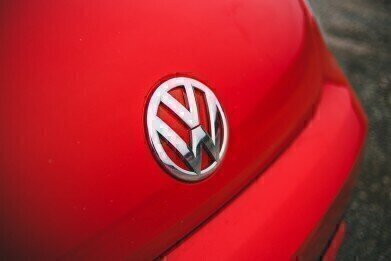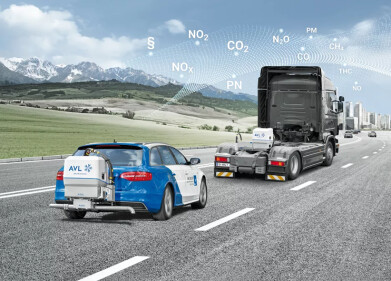Air Monitoring
How Has the VW Scandal Affected the Environment?
Sep 30 2015
The German automotive industry was left reeling at the end of last month after one of its major players – Volkswagen – admitted to installing test-manipulating software in as many as 11 million of its vehicles. While this has certainly left the reputation of VW in tatters (as much as €25 billion of their stock market valuation has been lost since the revelations), it could have even graver implications for the environment and the air we breathe.
Facts and Figures
The manufacturer has already recalled in excess of half a million of its models from VW, Audi and Porsche production lines, although experts estimate that the emissions-manipulating device could be present in as many as 11 million cars worldwide. If correct, such a figure would spell terrible news for the environment.
These faulty vehicles could be spewing out as much as 948,691 tonnes of NOx emissions on an annual basis, according to the Guardian. For comparison, the biggest power plant in Western Europe (the British-based Drax station) produces a mere 39,000 tonnes of NOx annually. In fact, the whopping figure for which VW could be culpable is equal to all of the power plants, vehicles, agricultural and industrial emitters in the entire British Isles.
Clearly, such a state of affairs is an unacceptable one. Even in age where an increasing emphasis is being placed upon cleaning up our atmosphere and reducing the amount of harmful pollutants emitted by transport and traffic, VW have been able to circumvent the regulations and contaminate our breathing air to an incredible extent.
UK More at Risk than US
Because of the hugely higher percentage of diesel cars in Europe compared to the USA (almost half of all passenger vehicles in Europe are diesel, whereas a mere 3% have diesel engines in the States), European residents (including Britons) are at a greatly increased risk.
According to Martin Williams, a Professor at King’s College London, harmful emissions could cause almost 6,000 premature deaths every year in Britain. “If you were to make the cars emit at the legal limit you could reduce those deaths by at least a factor of two and maybe more. Maybe a factor of five,” explained Professor Williams.
Meanwhile, the founder of Clean Air London campaign group Simon Birkett was similarly condemnatory of the role of harmful emissions on healthcare. “Diesel is without doubt the biggest public health catastrophe in UK history,” he said. “Even the black plague didn’t affect everyone in the population.”
While attitudes to clean air are improving – as was demonstrated by the impressive turnout at this year’s Air Quality and Emissions 2015 convention in Telford – there is obviously still a long way to go in addressing our polluted air. London in particular has been sluggish in tackling the cleanliness of its air supply, and VW’s immoral manipulation of its diesel engine test results will only set the process back even further.
Digital Edition
IET 34.2 March 2024
April 2024
Gas Detection - Biogas batch fermentation system for laboratory use with automatic gas analysis in real time Water/Wastewater - Upcycling sensors for sustainable nature management - Prist...
View all digital editions
Events
Apr 22 2024 Hannover, Germany
Apr 22 2024 Marrakech, Morroco
Apr 23 2024 Kuala Lumpur, Malaysia
Apr 23 2024 Kintex, South Korea
Apr 23 2024 Edmonton, AB, Canada


















